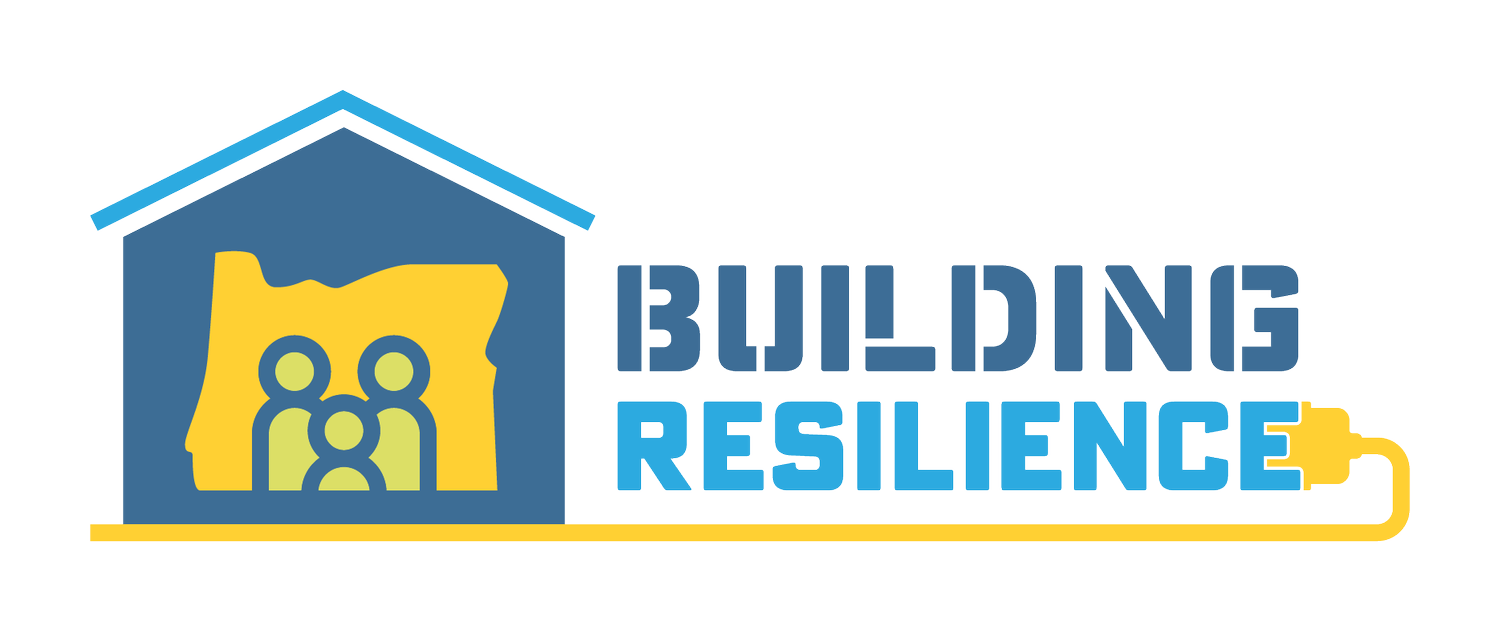
Energy Affordability & Resilience
Too many of our homes and places we gather put us at risk from the harms of climate change, like extreme heat that killed more than 100 Oregonians over the last few summers alone. The way we heat and cook with fossil fuels is making things worse, especially for lower-income and frontline communities. Homes and buildings are Oregon’s second largest source of climate pollution, and our first line of defense from climate harms.
We’re advocating for statewide action so new construction is built smart from the start to be healthy and resilient, while cutting energy waste and lowering bills. We’re also working to make it easier and more affordable to upgrade current homes and buildings to protect us from climate harms and transition to clean, efficient electricity for heating and cooling, hot water, and cooking. We must prioritize helping those most harmed by climate extremes and fossil fuels.
Oregon’s legislature must take action in 2026 to give more Oregonians access to resilient, safer homes and buildings.
Building Resilience Priorities for 2026
Climate Resilience Superfund
Our communities are paying the price for Big Oil’s climate disasters. We are losing homes, and sometimes even people’s lives, to wildfires, floods, and extreme heat. Oregon taxpayers are spending billions to respond to extreme weather events. Meanwhile, global fossil fuel companies continue to rake in massive profits for the damage they’ve knowingly caused.
Oregon’s Climate Resilience Superfund bill requires major, out-of-state fossil fuel companies to pay their fair share for climate-related disasters in Oregon, and to fund solutions that prepare our communities for future impacts. Importantly, investments will be required to go to climate resilience projects and benefit communities hit hardest by fossil fuel pollution and climate change.
We’ll make polluters pay for investments in Oregon, such as:
Preparing homes, buildings, powerlines, and more to be wildfire safe.
Sustainable, preventative work to reduce wildfire risk in the first place.
More energy efficient cooling and home weatherization to protect us from extreme heat and smoke, while lowering utility bills.
Rebuilding better and more resilient after major floods or wildfires.
Combat water shortages with more efficient irrigation equipment for Oregon farmers.
Following Through on Victories
Pushing to pass legislation is hard work and succeeding feels great. It’s only half the battle. Since we fought for and won the passage of the Resilient, Efficient Buildings Package in 2023, we’ve engaged our coalition in rule makings, public hearings, and other efforts to shape the programs created by the new laws.
Healthy Heating & Cooling for All
Sets a target to install 500,000 new heat pumps that will both heat and cool homes efficiently and affordably. Provides financial assistance and other help to purchase and install heat pumps and prioritizes low-income households and those at highest risk from extreme weather.
Build Smart from the Start
Ensures that our state building codes for energy efficiency and materials in new construction align with our state climate goals, which is healthier for people, for climate and for family budgets. Requires the state Building Codes Division to look at ways to update codes to also improve indoor air quality and ventilation.
Building Performance Standards
Set standards for energy efficiency and pollution reduction for large, commercial buildings, with enough transition time and financial incentives for owners to make the needed upgrades. This will significantly lower climate pollution from the buildings sector while creating good, family wage jobs that can’t be outsourced.

